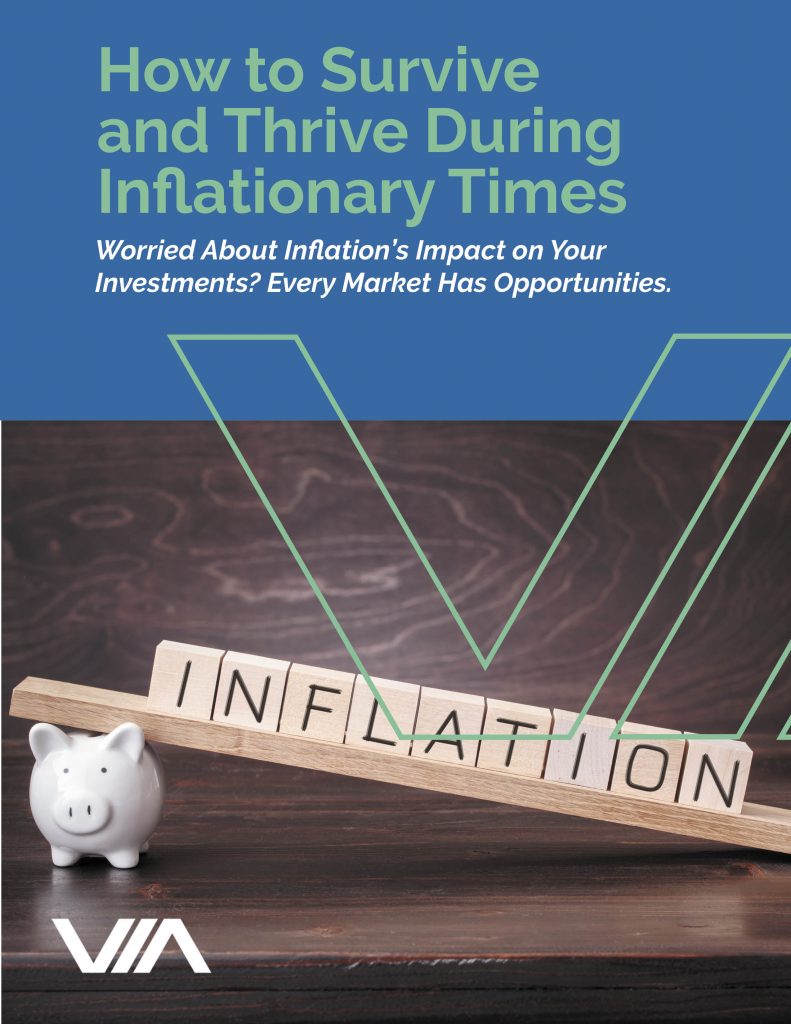

Your 2022 Tax Planning Checklist: Why You Should Start Now
Recent tax law changes are approved for implementation in 2023. As the end of 2022 is nearing, now is an appropriate time for you to review your financial plan and investment strategy—to ensure that they represent any changes in personal circumstances or changes to your goals.
These new laws may require various adjustments to your plan before the end of the year, so it’s important for you to start planning now. If you’ve experienced (or are thinking about) any of the following items, our 2022 Tax Planning Checklist can help you start the planning process:
- Did your income increase or decrease significantly in 2022?
- Has your tax situation changed from last year?
- Have there been any unexpected changes to your financial situation (inheritance, loss of a spouse, loss of job)?
- Are you planning on doing any charitable contributions or gifting this year?
The details, highlighting key tax strategies that might benefit your specific financial situation, are below. We highly recommend that you review them with your financial advisor and/or tax consultant (soon).
This article covers the following:
- The possible impacts of higher taxes in 2023
- Dates you may want to consider deadlines
- How your income taxes may be affected
- Strategies for safeguarding your portfolio
Don’t Kick Yourself Later
Using this checklist may help reduce your stress in the long run. It also could assist you in capitalizing on potential tax benefits and/or reducing your tax burden for 2022. However, these are not things you want to delay.
ViaWealth’s 2022 Tax Planning Checklist
Important Dates to Be Aware of For Tax Planning Efforts:
- December 1, 2022: This recommended date allows you to initiate gifts of qualified, appreciated stocks or wire transfers
- December 1, 2022: This is also the recommended date to initiate an IRA Charitable Rollover
- December 31, 2002: This is the last day charitable contributions can be made for tax deduction purposes in 2022
Your Income:
- If possible, accelerate any additional income you may receive in 2022 to avoid potential tax increases in 2023.
- Itemized deductions in 2023 will be capped at 28%, so if you are in the 32%, 35%, or 37% tax brackets, consider accelerating itemized deductions into 2022. Assuming your itemized deductions exceed the standard deduction threshold, this is essential.
- Since tax rates will be going up in 2023, you can consider deferring some of your deductions (in the event that they provide you with a better tax benefit under the higher tax rates).
- If you pay estimated taxes—and are in possible jeopardy of underestimating your payments—consider increasing your tax withholding of wages and/or bonuses in the fourth quarter. This may facilitate minimizing or eliminating an understated penalty of the previous three quarters.
Annual Gifting and Charitable Giving:
- If you are 70 1/2 years or older, you can make a direct transfer from your IRA to a public charity. The benefit of this strategy is that the distribution is excluded from your gross income (assuming certain requirements are met; talk with your advisor or tax professional). Note that distributions to donor-advised funds or supporting organizations do not qualify for this “IRA Charitable Rollover.”
- If you are looking to assist with the payment of education or medical expenses to another individual, you can do this under the 2022 annual gift exclusion law.
- You can also give appreciated assets (that you’ve had for one year on longer) to a public charity. In return, you receive a fair-market-value income tax charitable deduction. This allows you to avoid income tax on the appreciation of the asset.
Retirement Planning:
- Always consider maximizing your contributions to retirement accounts like 401(k)s, Roth IRAs, SEPs, and traditional IRAs. If you are 50+ years old, you can make a catch-up contribution of up to $6,500.
- Be sure to review your beneficiary designations so that they are current.
Interest Rates:
- Review any outstanding debt or loans associated with interest rates. Next, consider whether refinancing or moving from an adjustable rate to a fixed-rate loan would be more beneficial for you.
Estate Planning:
- Conduct an annual review of your estate, including wills, trusts, or other estate planning-related documents. All of these should reflect any specific changes that occurred in 2022 (or may transpire in 2023).
Investment Strategies:
- Rebalance your portfolio to compensate for market volatility. Additionally, review your holdings, ensuring they are focused on targeting your specific financial goals. You should not be weighted too heavily in any particular industry or asset class (that may be subject to more volatility).
- If you sell securities, review any potential sales with your financial advisor first. Make sure that you will receive the most favorable tax benefit available.
- Discuss any additional tax-related benefits that might be appropriate for your specific situation with your wealth manager.
ViaWealth has experienced insights for high-net-worth investors and your high-net-worth family. Schedule an appointment today to learn more.


